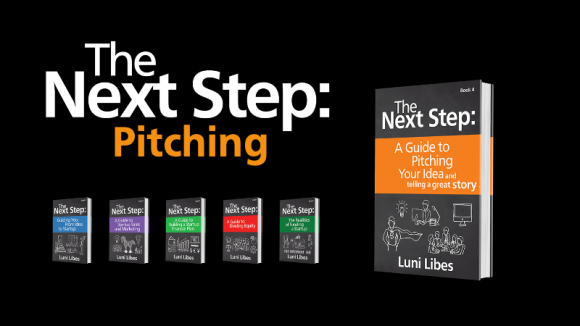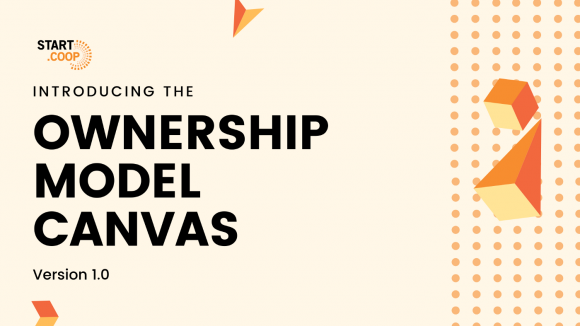
The influenza pandemic of 1918-1920 killed at least 25 million people globally. Here in the United States 675,000 people are known to have died from that massive outbreak of flu. As of this last week (middle of September 2021), more people have died of Covid-19 in this pandemic. 682,000 as of today, with another 2,000 Americans dying every single day. While 675,000 is the population of a city and...


















